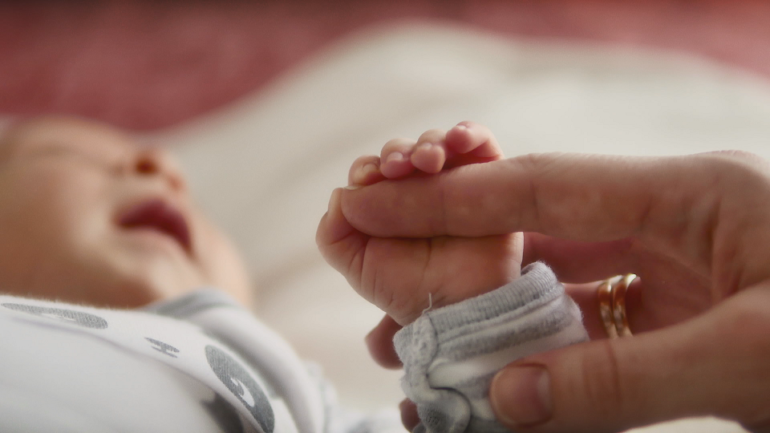Nature or nurture? For well over a century, the dominant understanding of inheritance was our traits are passed down to us through the DNA code from our parents.
But a growing field of study reveals that social factors, environments, and even the experiences your mother faced before you were born all could have profound impacts on your genes.
Epigenetics is the study of changes to your genes that don’t change the underlying DNA. McGill University professor Dr. Moshe Szyf is a pioneering geneticist in this field. His groundbreaking experiments show that social factors, such as maternal care, do change the offspring’s ability to adapt to stress and handle anxiety. In other words, these genetic changes happen regardless of who the biological mother is.
Szyf likens DNA and epigenetics to a computer: Think of DNA as the hardware and epigenetics the apps. Using this analogy, he tells Full Frame, “The mother is actually writing codes in our DNA that tell us what kind of life we’re going to anticipate.”
These findings point to the possibility of identifying epigenetic changes that lead to disease. If researchers can understand what went wrong in the “code” that leads to disease, then they can also develop drugs or other therapies that can reverse those harmful genetic changes.
Szyf and his research team are now working on mapping the epigenetic changes when a person develops cancer. The hope is that by identifying cancer genetic markers, doctors will be able to detect the disease earlier and perhaps even before the disease develops.
Can trauma be passed down?
In recent years, epigenetics has become a hot topic as it relates to intergenerational trauma. If life experiences, including trauma, change how genes express themselves, how much of the impacts of trauma are being passed down? Moshe says the evidence in animals is strong, but it’s very difficult to prove in humans. Trauma is also passed through memories and the imprint of historic events on a generation.
Artist and author Bernice Eisenstein is the daughter of Holocaust survivors, who explores the construction of memory and how the past becomes deeply rooted in who we are. In her book, I Was A Child of Holocaust Survivors, Eisenstein says she “learned from osmosis” that she was different from a young.
The Holocaust “is a part of my identity. It’s my inheritance,” she says. “It’s imbued in my art.”
 CGTN America
CGTN America
